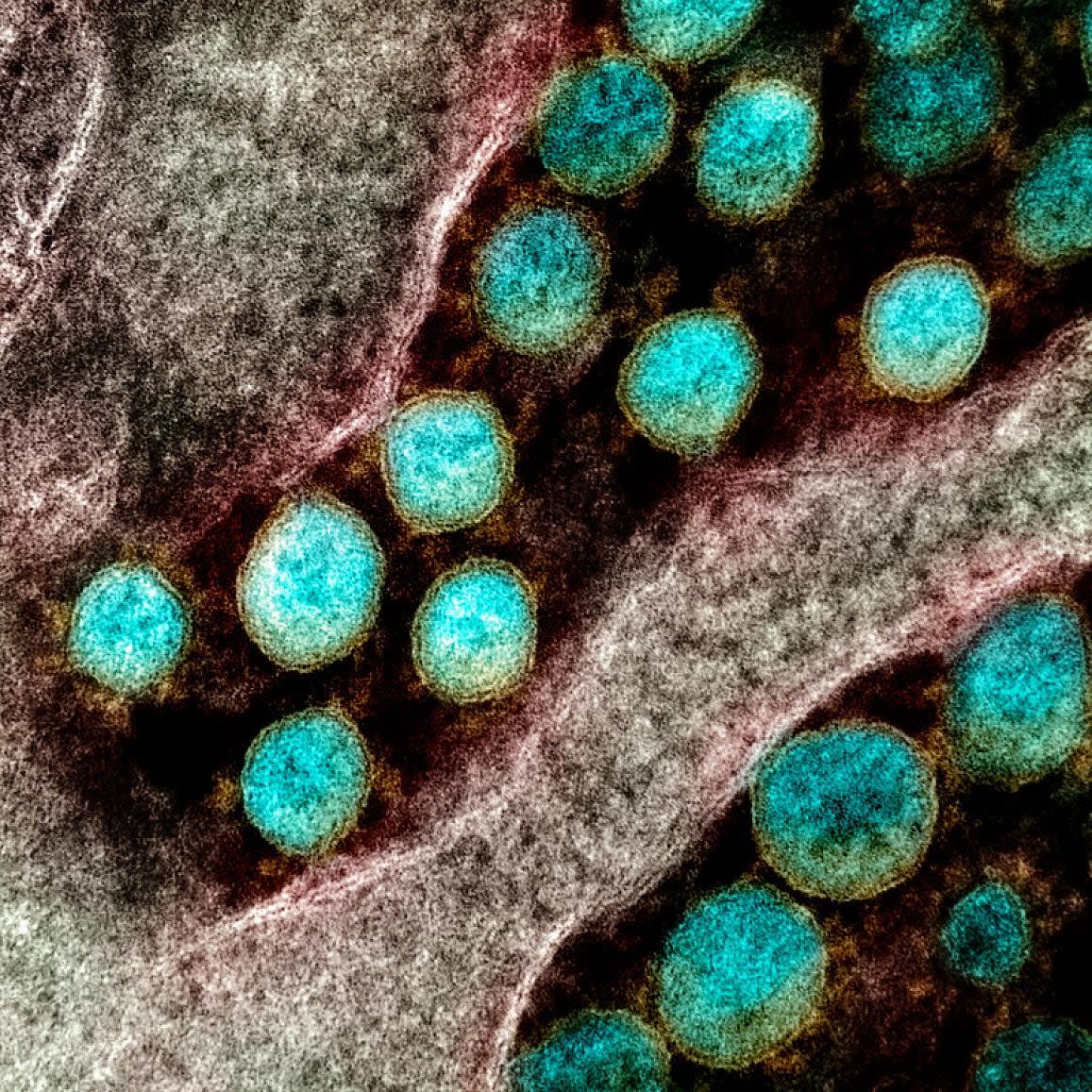Nova Scotians with long-term COVID symptoms face disability claim hurdles

Two months after contracting COVID-19 and recovering, Beth Wood noticed that she was having trouble concentrating, getting winded easily and feeling unusually tired.
Like three and a half million other Canadians, according to Statistics Canada, Halifax's Wood has long-term COVID symptoms.
Wood has worked as a community social worker for four decades.
She told CBC Radio's Information Morning Nova Scotia, her employer has been helping her try to get back up to speed at work. But it hasn't been successful and she is now considering taking long-term disability.
"One of the challenges that we have with long COVID is that because it's not been spoken about much, it's not very recognized and so most people have to fight pretty hard to even get disability," Wood said.
Wood said she belongs to long COVID groups on Facebook and has heard that people have had to get a lawyer to help them apply for disability.
According to Wood, medical professionals need to speak out more about the condition so that people don't have to fight to get access to disability assistance.
Dr. Lisa Barrett, an infectious diseases specialist and an assistant professor at Dalhousie School of Medicine, told Information Morning Nova Scotia that one of the challenges to diagnosing the condition is that long COVID "looks very different in many different people."
Barrett said there was still no medical consensus on recognizing long COVID as a disability.
"People clearly can't work just like with other chronic conditions, they need to have a dispensation made for them and it's really all over the map at the moment," Barrett said.
"The first step really is that medical professionals need to be educated that this is a thing, it's real and it's not a made-up thing because people just don't want to be at work."
Contractual relationship
Justin Pyke, a litigation lawyer at Nova Injury Law in Sydney, N.S., told Information Morning Nova Scotia that long-term disability insurance is a contractual relationship between the policyholder and the insurer.
He said the policyholder has to be able to prove that they are unable to work because of sickness or injury in order to meet the definition of the contract.
Describing the lack of a definitive diagnostic test for long COVID as a "small hurdle," Pyke said the insurer will look at all of the factors affecting the policyholder's ability to work.
Pyke said if the insurer denies the claim, the policyholder needs to have the opinion of a medical professional that says they are unable to perform the duties of their job.
MORE TOP STORIES


